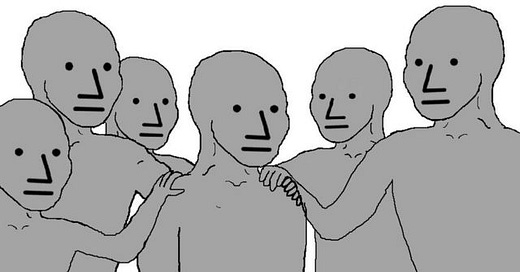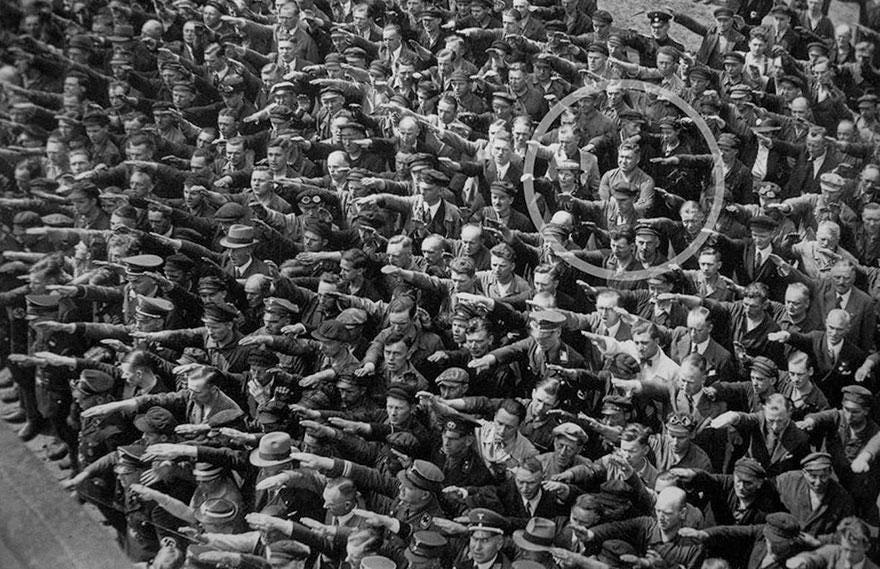Decades from now, when the emotion-draining effects of time have their way with current events, I expect to see broad lament as to the harm done by social media and our "like" culture here in the first quarter of the twenty-first century. Technology that aspired to bring people together has done the opposite. It made it easier to cluster into like-minded groups, feeding our tribal tendencies and distrust of "other." It removed the instant personal feedback from interaction, making it less likely we'd feel bad about being nasty to someone. Worst of all, it undermined the sense of self by depersonalizing us and externalizing identity. You are less and less an individual with a unique blend of experience, background, accrued knowledge and wisdom, and more and more a laundry list of labels.
One manifestation of this is the thirst for "likes" and followers. Celebrities of various flavors are often judged by the number of Twitter and Instagram followers they have, especially by the young, and this messages those young people for whom social acceptance is so important that self-worth is a numbers game.
What is given can be taken away, and if your self-worth relies on how others see you, it is indeed built upon quicksand. It's also satisfying in only the most superficial way. The popularity of such as Jordan Peterson's 12 Rules For Life, which redirect focus internally, reminds me of how young people across the past decades who have been drawn into Ayn Rand's self-focused worldview, and to other messengers of independence and self-respect, after they found externalization unsatisfying.
That the ascendant political leaning among today's youth is socialistic may not be coincidence. In externalizing self-worth and self-assessment, social media has made people more receptive to the idea that the individual should be subordinate to the Best-and-Brightest, that it's OK to impose a collective will on those who would rather stand for themselves, and that such individualists are "other," i.e. not of the tribe, and therefore not deserving of equal treatment and consideration. Even if coincidence, though, it's certainly a serendipitous one. Our "control ever bit of our lives" leaders are certainly not unhappy that the dominant mechanisms of today's society soften us up in this fashion.
It may be serendipitous in their eyes, but it's not beneficial for us, either as individuals or as a culture.
People who have an internalized sense of identity - who judge themselves rather than relying on others for validation and affirmation, are the essence of confidence. Confidence creates. Confidence achieves. Confidence produces. Confidence forges new paths and new innovations.
Confidence also challenges, and too many people today either fear or resent challenge.
Behold, August Landmesser.
Reportedly the man who refused to Nazi-salute amongst a sea of the compliant, he stands as tall in history as Tiananmen Square's Tank Man.
Both challenged authority, both stood in their own confidence.
How many protestors today, who usually "protest" for policies already favored by the Best-and-Brightest, are motivated more by likes and clicks than by standing righteously alone against a collectivistic sea?
Here we find the essence of libertarianism. Those who believe in liberty may stand together, but the standing matters more than the togetherness (insert joke about denouncing each other as favorite pastime). The point is - do what you know is right, not what you are told is right.







Lovely, thank you, Peter.
I always find it a sad commentary on Twitter when someone disagrees with another, and their response to the tweet is some kind of snarky reply such as "Says the guy with only 3 followers." As if a person's ideas or opinions is solely dependent on the amount of Twitter followers they have.